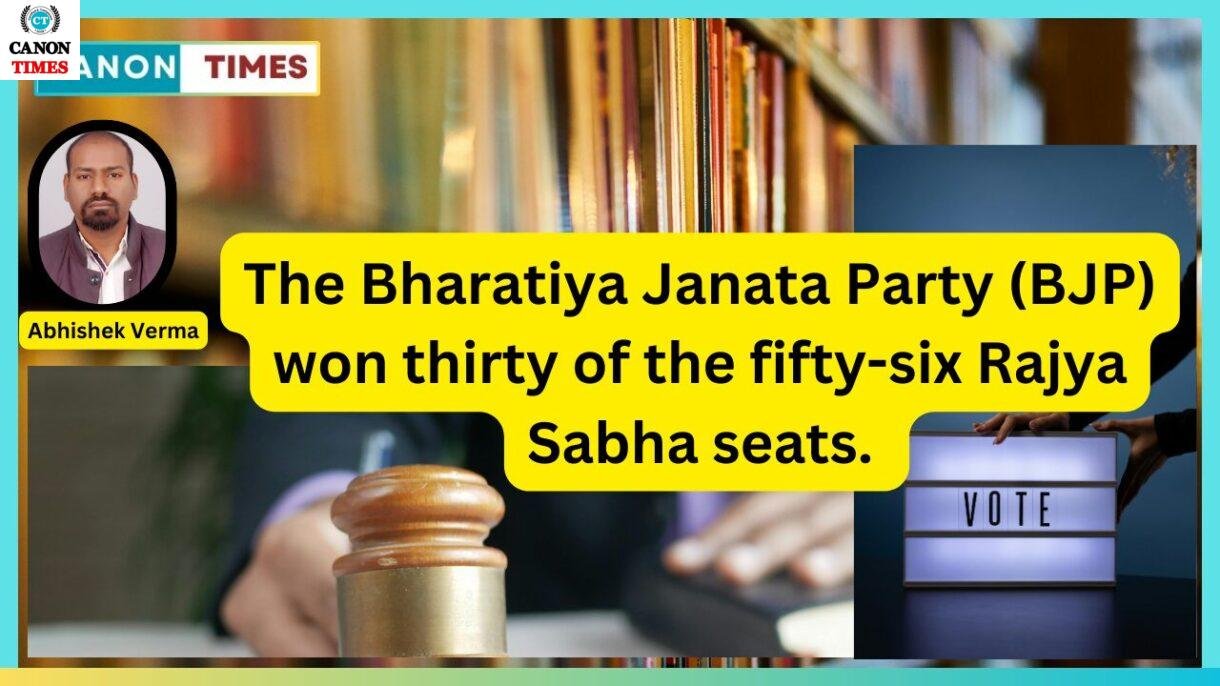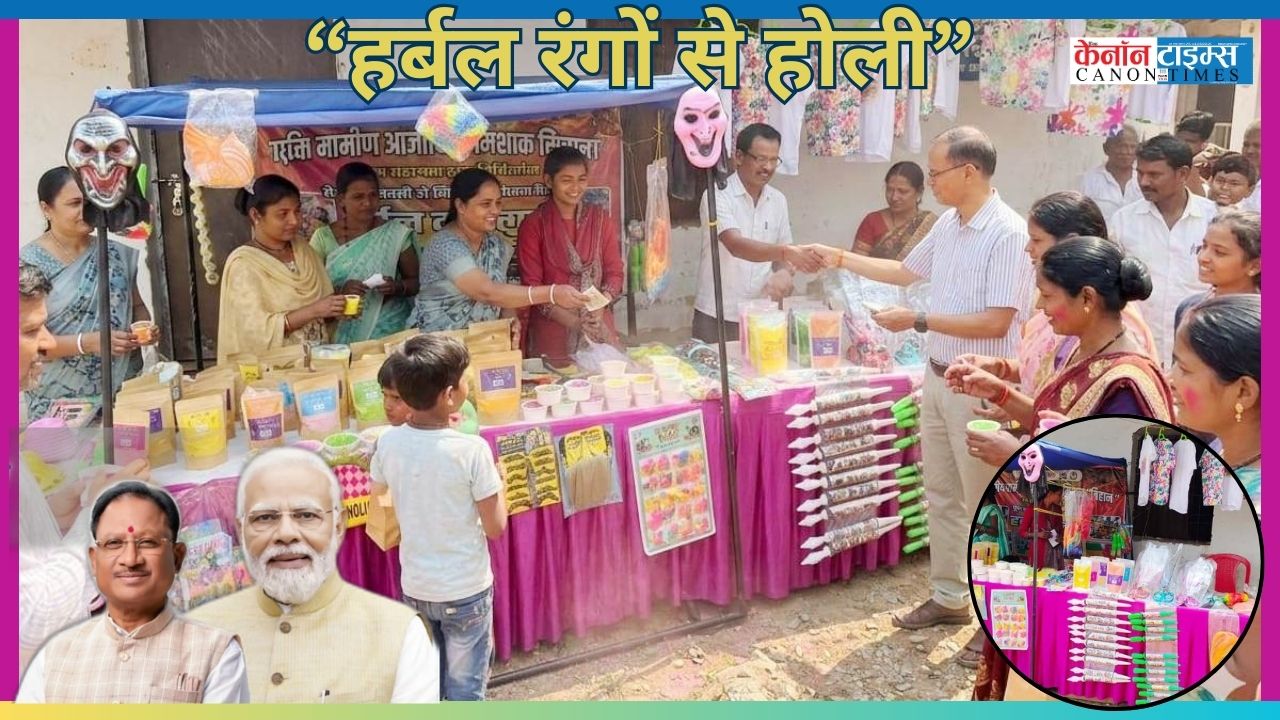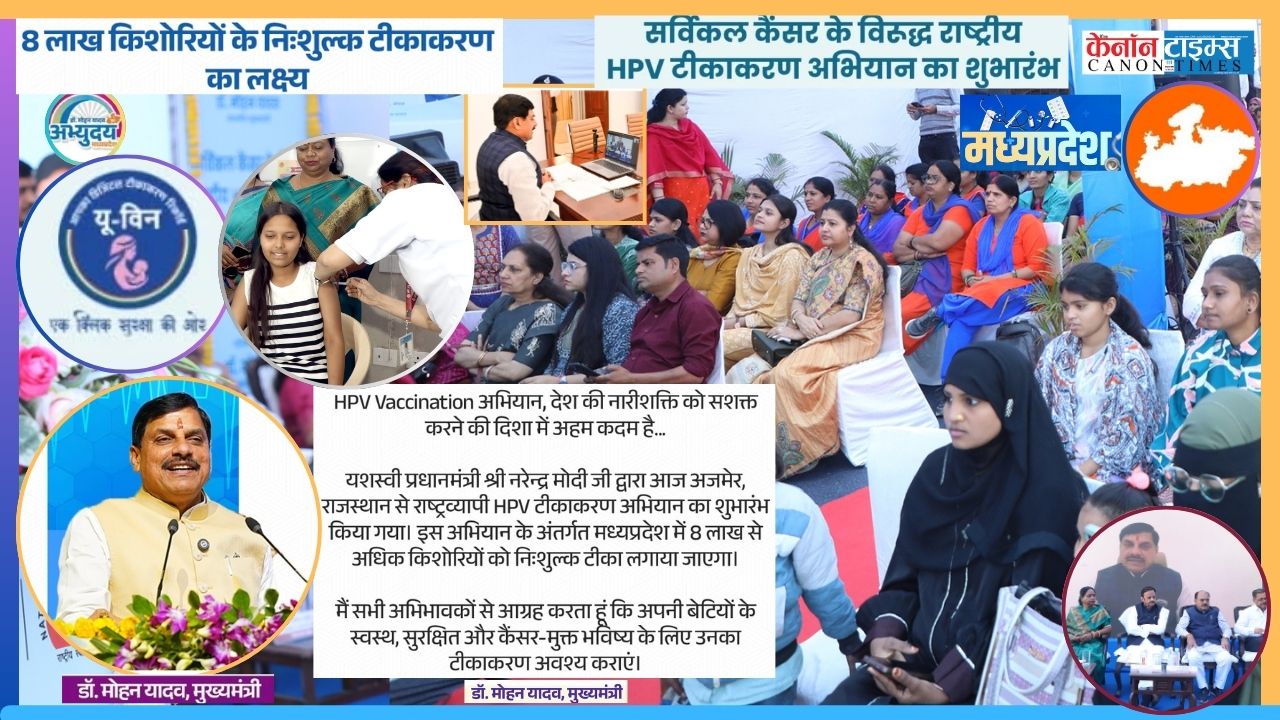With results released on February 27, the Bharatiya Janata Party (BJP) emerged victorious in 15 States, securing 30 of the 56 Rajya Sabha seats that are scheduled to become vacant in April. The party deftly orchestrated cross-voting by lawmakers from the Congress in Himachal Pradesh and the Samajwadi Party in Uttar Pradesh to secure two more seats than its numerical advantage in the State Assemblies would have permitted. In Karnataka, one BJP legislator defected to the Congress. With the BJP winning six MLAs and the Speaker of the Assembly disqualifying them thereafter, the Congress administration in Himachal Pradesh is precariously positioned. Harsh Mahajan of the BJP and Abhishek Manu Singhvi of the Congress both received 34 votes, and Mr. Mahajan was chosen by lot to win. Chief Minister Sukhvinder Singh Sukhu’s dissatisfaction inside the Congress came to light during the Rajya Sabha elections.
Rebel Minister Vikramaditya Singh first declared his resignation but then withdrew it. Although the Congress is working hard to keep its government intact, the problem is far from being resolved. Seven lawmakers from the Samajwadi Party of Uttar Pradesh supported the BJP, giving the party a second seat in parliament. The BJP has a history of dodging controversy in order to secure an additional seat in the Rajya Sabha.
In 2020, there was a mutiny in Rajasthan against the Ashok Gehlot administration on the eve of the Upper House elections, while in 2017 Congress strategist Ahmed Patel narrowly won the Gujarat state election.
With its existing partners, the BJP has 97 members in the Upper House and is only four seats shy of the 121 majority needed to win the Rajya Sabha, which now has 240 members. Although the BJP has gained momentum via consecutive victories in State elections, as seen by its membership expanding from 78 in 2019 to 97 at the conclusion of the five years, the party has never refrained from testing the limits of normative politics. There is just not going to be a bridge built anytime soon between the Congress, with only 29 members, and the BJP, which holds the majority of seats in the Rajya Sabha. The other opposition parties are also hardly present, with the Communist Party of India (M) having five, the Rashtriya Janata Dal having six, the Aam Aadmi Party having ten, and the Trinamool Congress having thirteen. Parliament has always been a stage for the government’s unilateralism as opposition members were routinely suspended for trying to challenge the administration.
Abhishek Verma
Author: This news is edited by: Abhishek Verma, (Editor, CANON TIMES)
Authentic news.






